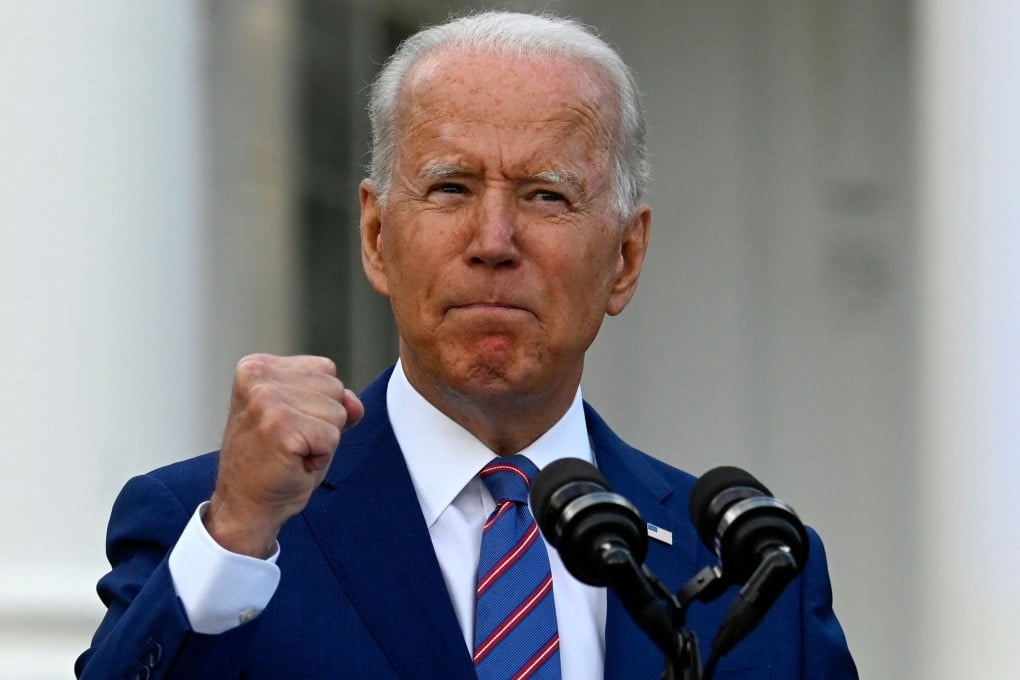US-China trade war hits third anniversary, with no sign of Joe Biden easing economic pressure
- Three years after the US imposed its first trade war tariffs, they remain in place for most goods under the Biden administration
- While the two countries initially sparred over trade, tensions now touch on things like Xinjiang, Hong Kong and human rights

Since the signing of the phase one deal in January last year, Beijing has repeatedly urged the US to roll back its punitive tariffs on Chinese products and called on the American business community to help convince Washington. But US officials, including Trade Representative Katherine Tai, have said the tariffs will remain in place for now.
Although Biden has not pushed his China trade agenda to the front pages of the newspapers like his predecessor, he has very much carried on what Trump initiated, analysts said.
Biden will at some point seek to put his own authority on trade relations so we may see small tweaks to the phase one trade deal in the future, assuming China believes it’s in its own interest to do so
Given it was only China that made concessions under the phase one trade deal, it would be surprising if Biden rescinded the agreement, said Bryan Mercurio, a professor specialising in international economic law at the Chinese University of Hong Kong.